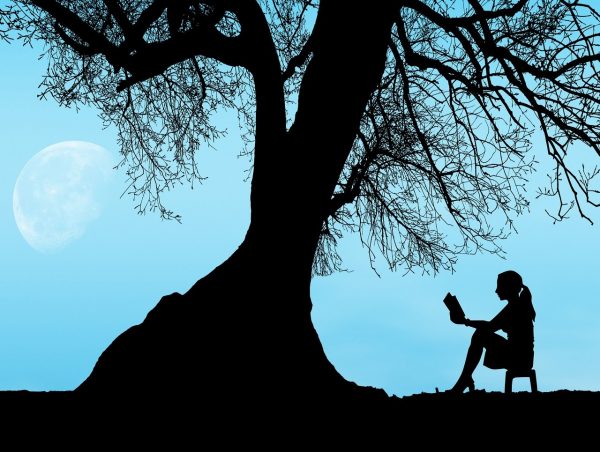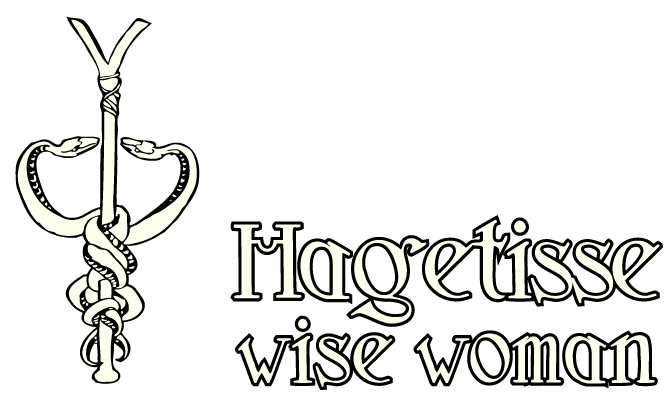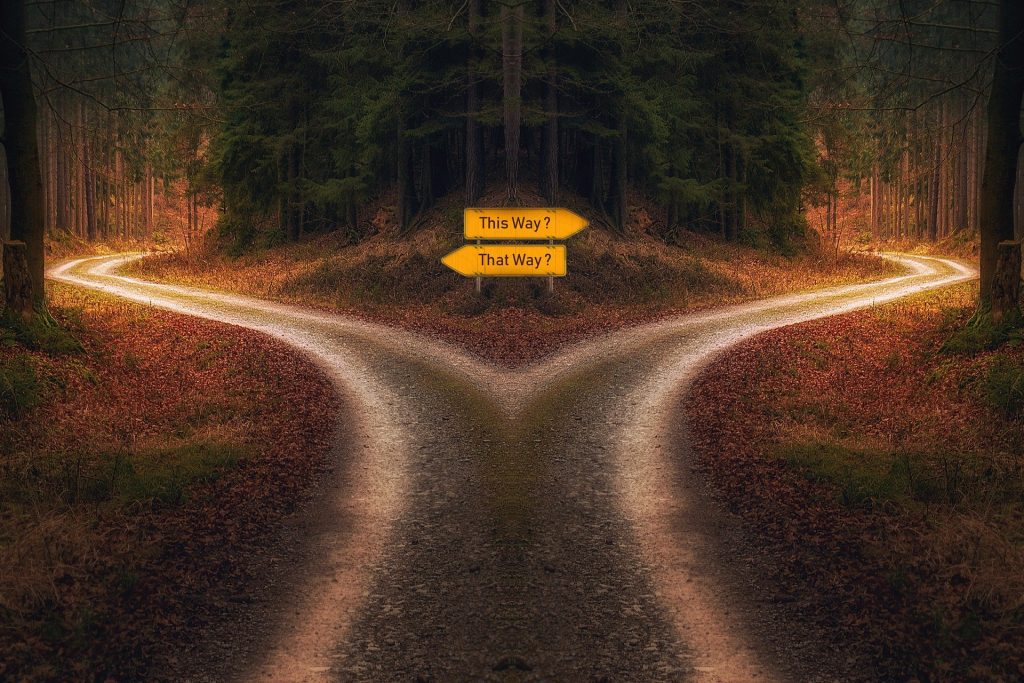The foundation of a healthy life, part 8: the world that never goes out

One thing is important to realise before you decide what your world should look like: your body and mind are one. If your body is not doing well it is also mentally bad for you and vice versa. This is a scientifically accepted phenomenon. So there is no such thing as taking good care of your body while neglecting your mental well-being.
Why do I say this explicitly? Because many people nowadays seem to think that you can stress yourself out with impunity, if you just eat a salad and run around every day.
The pressure to always be available is increasing
We live in a world that never goes out. Many of us work away from home for forty hours a week, but when we finish work we’re usually not done yet. Even in our free time there is no rest. We are bombarded with emails, text messages and all kinds of other digital stimuli, which ensure that our heads are running at full speed all day long. I will discuss how this works in society as a whole in another blog. Today, we’ll be talking about how this pans out for you as an individual.
The pressure to always be available can be enormous. Green ticks on WhatsApp show you whether the addressee has already read your app. The other way round it works the same, which increases our tendency to react to everything immediately. The vast majority of the population nowadays has a smartphone with a continuous internet connection, downloading everything: e-mails, text messages, WhatsApp, push notifications from social media apps and all those other companies who made it an art to keep you occupied .
On asking, it turns out that most people feel they have to. All appointments are made via WhatsApp and parties and events are often only published on Facebook. There are people whose appliances accompany them into the bedroom. In that bedroom there often is a TV as well, with countless channels that keep us busy all the time. Because we are continuously exposed to light from all those screens, we no longer sleep well. And all the misery which is reported to us from all over the world doesn’t help with that at all.
Sound, smell and light represent danger
We never really go into rest mode and we are rarely just with ourselves anymore. That’s exactly as bad as it sounds. Remember that we evolved in a world where there were not even engines. A world in which everything went slowly, which kept pace with nature and where dark meant really dark.
Now go outside during the evening and open your eyes and ears well. Chances are that there are sounds and lights around you everywhere. How much depends on where you live. Now think about the fact that sound, smells and light used to be a signal of possible danger. It’s genetically hammered into us that we become alert whenever we hear, smell or see something, whether we like it or not. Unconsciously we always switch on and, for a moment, we feel a threatening danger. That can’t be good for you.
I once lived in the heart of Rotterdam for eight years. I can’t imagine how the hell I survived that. In retrospect, I think I was numbed somehow back then. Since I discovered that the pace and overwhelming presence of modern society does not suit me, I have moved to quieter places. Nowadays, a country road in Ireland is already plenty busy. Sometimes I am in the Netherlands for several months in a row and I notice that I slowly burn up from all the impressions that I continuously get.
Do you need more peace and space?
It is a good idea to ask yourself whether you need more peace and space than you’re getting in your current life. Do you still experience moments in which you really don’t need to do anything? Do you ever get to laze about? Do you sometimes feel rushed for no apparent reason? Can you do without your smartphone for a day? If the latter is not the case, you are actually addicted and it is a good idea to ask yourself if that’s something you want.
I myself have a love-hate relationship with Facebook and Instagram. Because I am often far away from my friends, I like to be involved in their lives a bit. I sometimes find it difficult to limit my time on Facebook when I don’t have anything on my plate. While I need those moments to keep thinking creatively and to let my articles come to me.
In the past, I even deleted my entire account. That turned out to be too much and I opened a new account. I’m still not completely at peace with social media, certainly not with all the ads that I get forced down my throat, but it is nice to see photos of “my” people passing by now and then.
Use that off button
When I notice that I’m spending too much time on social media, I limit myself by using a program called Leechblock. That makes sites like Pinterest and Facebook inexorably inaccessible once I’ve spent more than half an hour per day on it, for example. Usually turning on Leechblock is enough to get my attention elsewhere and once I’m back in the flow, I don’t turn to social media. By being obliged to stay away from it I ensure there’s enough calm in my head to not need distraction.
I keep my smartphone as stupid as possible. I only have the necessary apps on it and nothing is allowed to give push notifications. If necessary, I can retrieve my e-mail, but the app does not do this automatically, so I do not continuously receive e-mails. In WhatsApp, I prefer not to do group apps and when I am in one, the notifications are switched to silent.
And I often “forget” my phone. For example, I never have it with me when I work in the garden or when I go to sleep. Sometimes it doesn’t get out of my bag for days and that is why I sometimes miss a message or respond very late. All those habits together give me peace of mind, which suits me well. Peace of mind and time to do the things that are important to me. How does that work for you?




